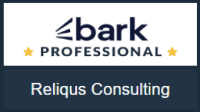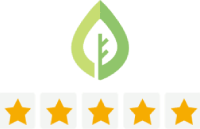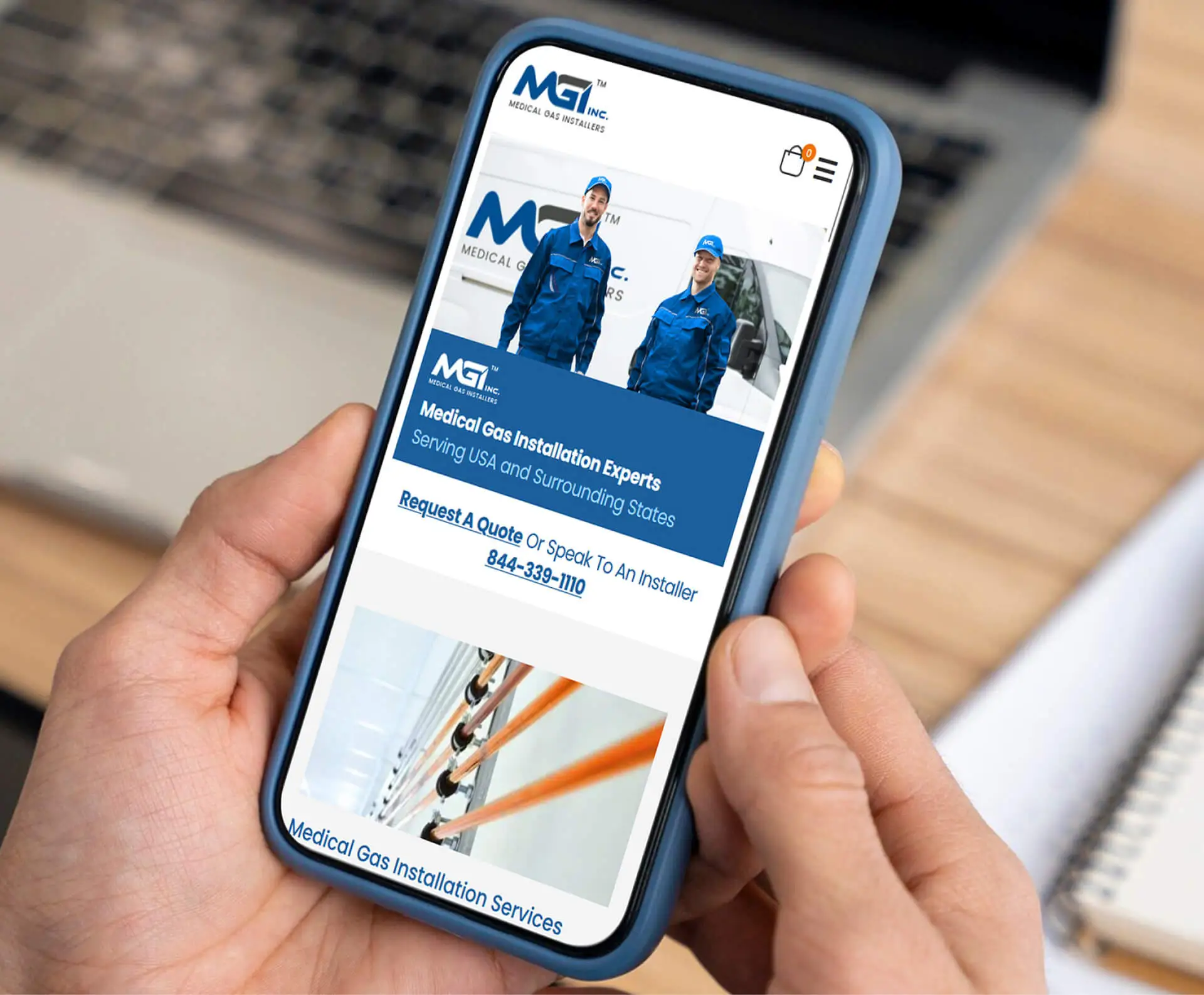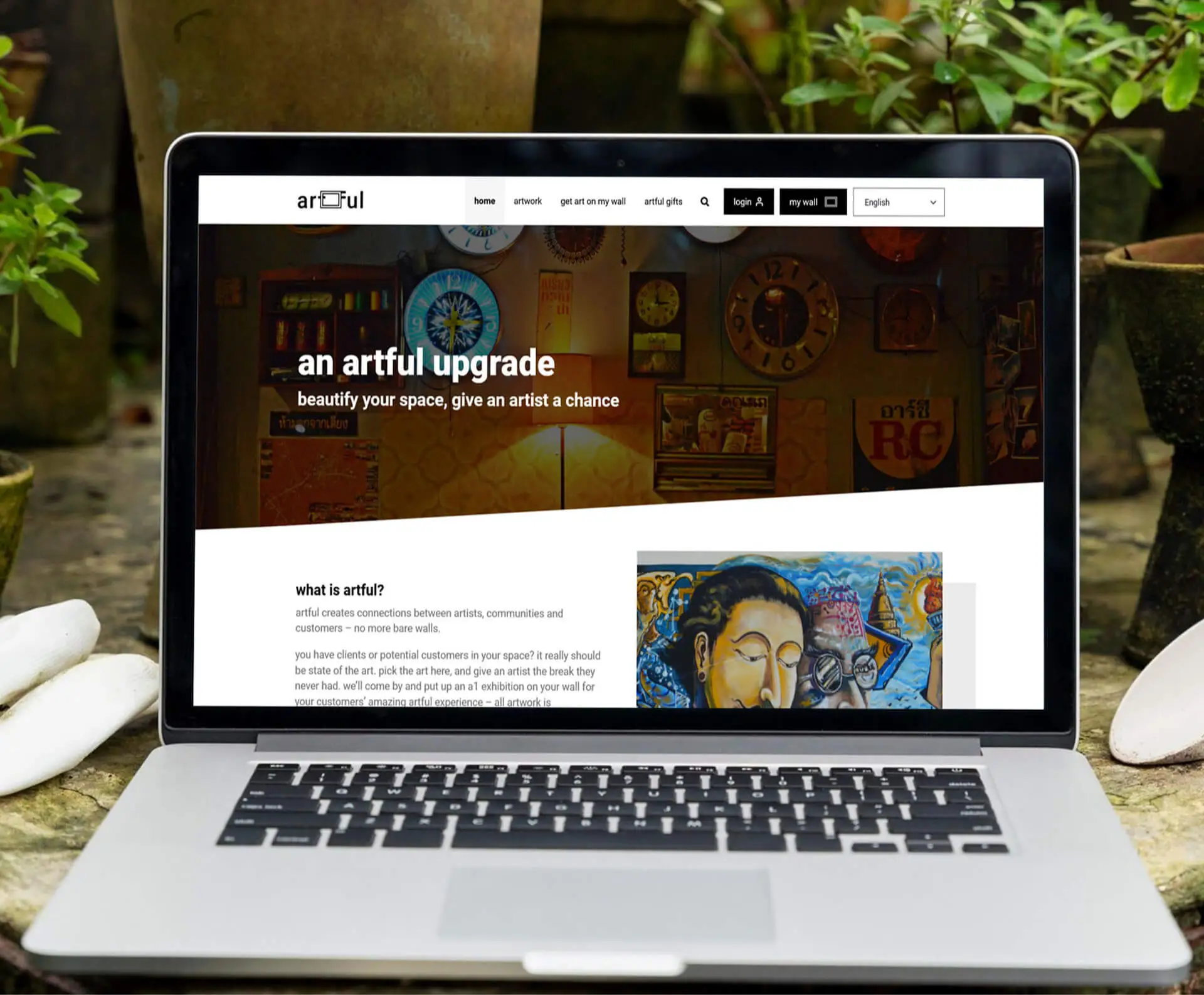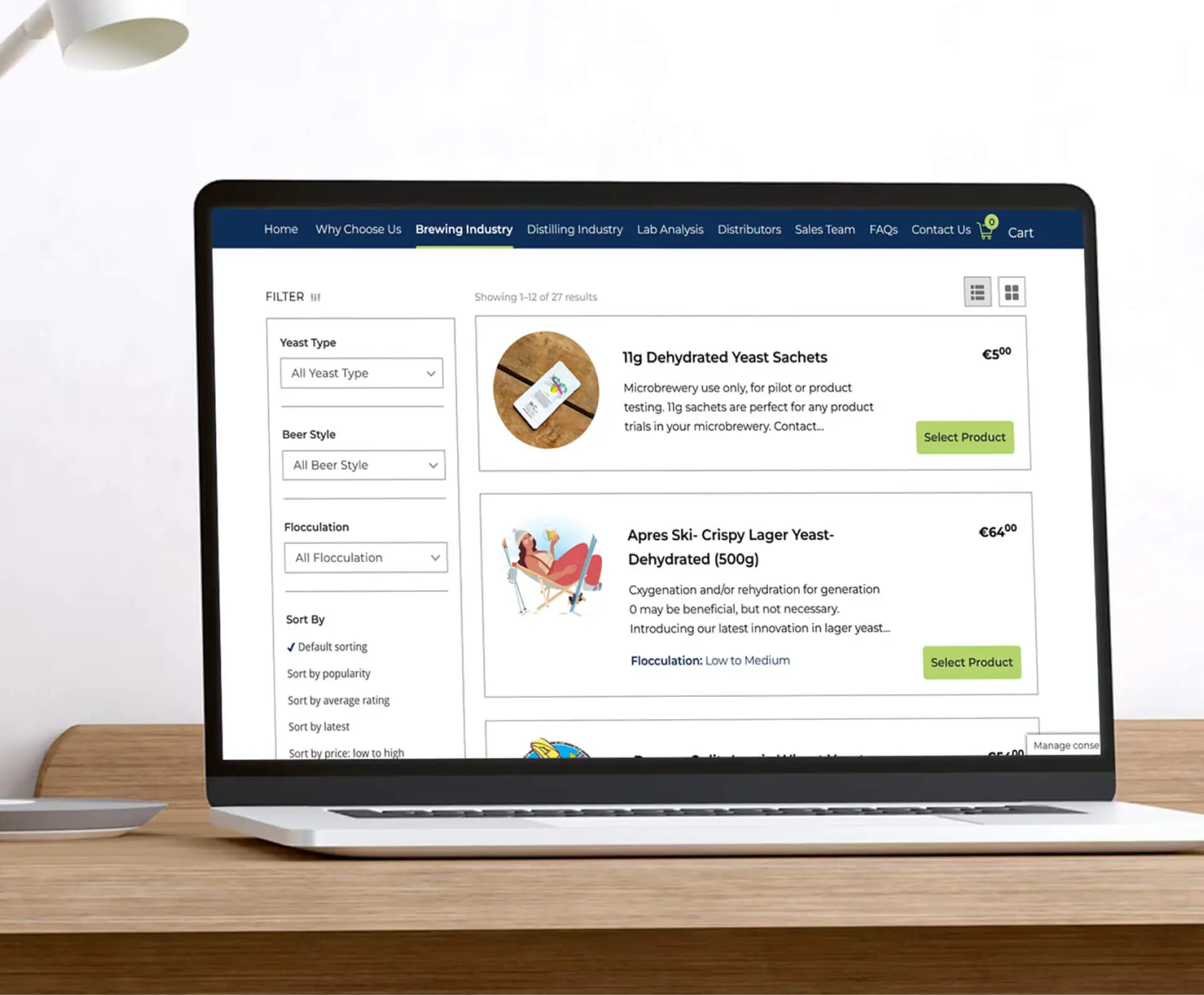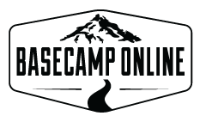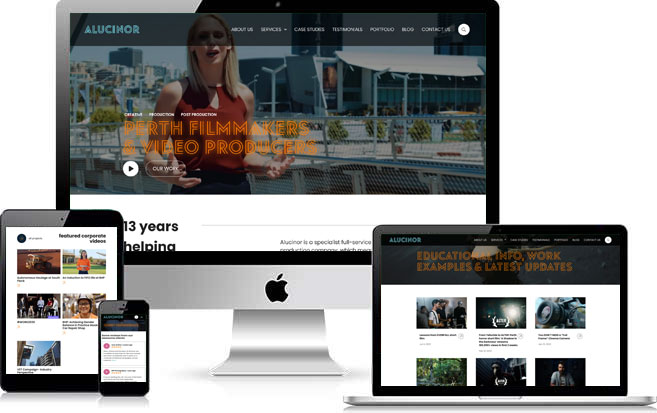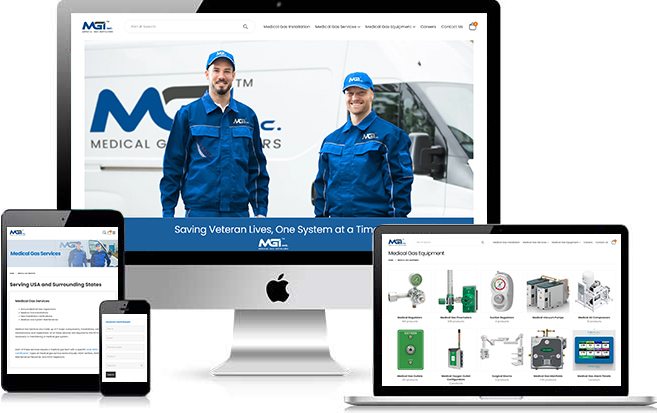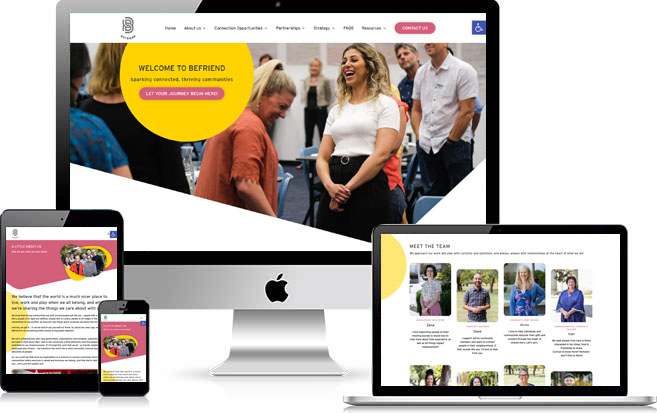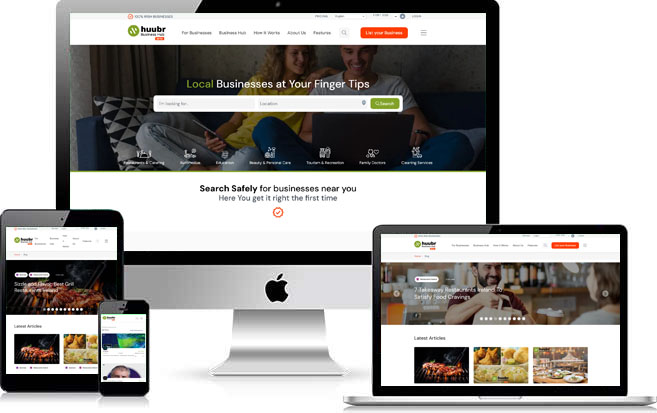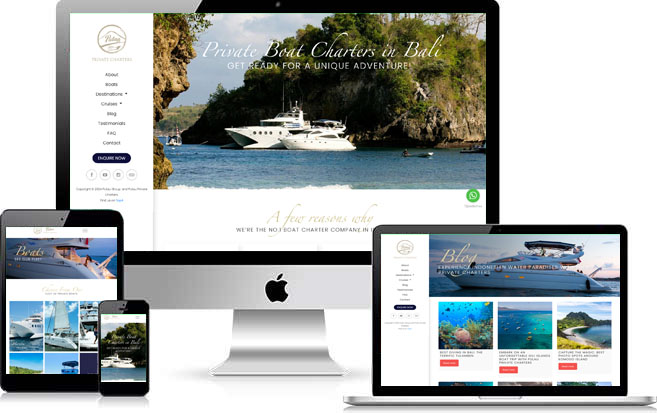Effective on page SEO services go beyond keywords — they bring every piece of your website together for peak performance. At Reliqus Consulting, we fine-tune every on-page factor that impacts visibility, engagement, and conversions.
Enhance Every Element with Expert On Page SEO Services
Your website might look great, but if its pages aren’t optimized, search engines won’t know where to send your audience. Poorly structured content, missing meta tags, or weak internal links can quietly sabotage your visibility.
At Reliqus Consulting, our on page SEO services help every page perform its best. Whether you run an eCommerce store, SaaS site, or local business, our on page SEO experts enhance content, structure, and internal links to meet Google’s standards and user intent.
With advanced on page SEO, we refine every detail — headings, images, schema, and navigation — to improve visibility and engagement.
Stop letting small issues cost big results. Partner with a leading on page SEO agency and turn your website into a search engine favorite.
Start optimizing your pages for real growth today.

We Optimize Every On-Page Element That Matters
Keyword Optimization
Strong on-page SEO starts with the right keywords. Our on page SEO experts perform deep keyword research to find the best opportunities for visibility. We strategically integrate them into your title tags, meta descriptions, headers, body content and image alt text.
Title Tags
Each page gets a concise, keyword-optimized title tag that captures attention and improves click-through rates — staying under 60 characters for perfect display in search results.
Meta Descriptions
Your meta description is your first sales pitch. Our on page SEO services include writing persuasive snippets that improve click-through rates while naturally incorporating key search terms.
Header Tags (H1–H3)
We organize your content hierarchy with proper H1, H2, and H3 tags, improving readability and helping search engines understand topic flow. Each page starts strong with a keyword-optimized H1 that sets the stage.
Image Optimization
Images add depth — but only if they’re optimized. We use descriptive alt text, keyword-rich file names, and compressed formats to improve speed and SEO performance.
Content Optimization
Our on page SEO experts craft clear, valuable content that aligns with user intent and drives organic growth. We use relevant keywords, synonyms, and structured headings (H1–H3) to make your content readable, rich, and search-friendly.
Internal Linking
Smart internal links guide users through your website and help search engines crawl it efficiently. Our on page SEO agency ensures each link adds value, boosts authority, and strengthens your overall site structure.
URL Optimization
Clean, descriptive URLs enhance usability and SEO. We simplify your site’s structure to ensure every URL clearly communicates its purpose — no random characters, just clarity.
Our Offering
Mini
$99
/Mo
$199On Page SEO
- 10 Keywords
- Number of Pages:
"2 Basic pages + 2 category pages + 3 products" - Website Analysis
- Keyword Analysis
- URL optimization
- Title and metaTag optimization
- Alt tag optimization
- Header Tag optimization
- Internal Link Structuring
- Robot.txt Creation/analysis
- Image optimization
- 404 Error analysis
- Xml sitemap
- Analytics Tools set up
- Google Search Console Integration
- Content Plag check
- Canonical tag
Off Page SEO
- 2 Competitor Analysis
Schema Markups- 2 Blog creation and promotion
- Company Profile Listing
- Classified Submission
- PDF submission
- PPT submission
- Image Submission
- Backlinks (do follow + no follow)
Min.100
Startup
$199
/Mo
$299On Page SEO
- 12 Keywords
- Number of Pages:
"3 Basic pages + 3 category pages + 5 products" - Website Analysis
- Keyword Analysis
- URL optimization
- Title and metaTag optimization
- Alt tag optimization
- Header Tag optimization
- Internal Link Structuring
- Robot.txt Creation/analysis
- Image optimization
- 404 Error analysis
- Xml sitemap
- Analytics Tools set up
- Google Search Console Integration
- Content Plag check
- Canonical tag
Off Page SEO
- 2 Competitor Analysis
- Schema Markups
- 2 Blog creation and promotion
- Company Profile Listing
- Classified Submission
- PDF submission
- PPT submission
- Image Submission
- Backlinks (do follow + no follow)
Min.150
Professional
$399
/Mo
$499On Page SEO
- 20 Keywords
- Number of Pages:
"5 Basic pages + 5 category pages + 10 products" - Website Analysis
- Keyword Analysis
- URL optimization
- Title and metaTag optimization
- Alt tag optimization
- Header Tag optimization
- Internal Link Structuring
- Robot.txt Creation/analysis
- Image optimization
- 404 Error analysis
- Xml sitemap
- Analytics Tools set up
- Google Search Console Integration
- Content Plag check
- Canonical tag
Off Page SEO
- 3 Competitor Analysis
- Schema Markups
- 3 Blog creation and promotion
- Company Profile Listing
- Classified Submission
- PDF submission
- PPT submission
- Image Submission
- Backlinks (do follow + no follow)
Min.200
Advanced
$499
/Mo
$599On Page SEO
- 35 Keywords
- Number of Pages:
"5 Basic pages + 10 category pages + 20 products" - Website Analysis
- Keyword Analysis
- URL optimization
- Title and metaTag optimization
- Alt tag optimization
- Header Tag optimization
- Internal Link Structuring
- Robot.txt Creation/analysis
- Image optimization
- 404 Error analysis
- Xml sitemap
- Analytics Tools set up
- Google Search Console Integration
- Content Plag check
- Canonical tag
Off Page SEO
- 5 Competitor Analysis
- Schema Markups
- 5 Blog creation and promotion
- Company Profile Listing
- Classified Submission
- PDF submission
- PPT submission
- Image Submission
- Backlinks (do follow + no follow)
Min.300
Elite
$599
/Mo
$699On Page SEO
- 50 Keywords
- Number of Pages:
"5 Basic pages + 15 category pages + 30 products" - Website Analysis
- Keyword Analysis
- URL optimization
- Title and metaTag optimization
- Alt tag optimization
- Header Tag optimization
- Internal Link Structuring
- Robot.txt Creation/analysis
- Image optimization
- 404 Error analysis
- Xml sitemap
- Analytics Tools set up
- Google Search Console Integration
- Content Plag check
- Canonical tag
Off Page SEO
- 5 Competitor Analysis
- Schema Markups
- 5 Blog creation and promotion
- Company Profile Listing
- Classified Submission
- PDF submission
- PPT submission
- Image Submission
- Backlinks (do follow + no follow)
Min.400
Custom
AS PER REQUIREMENTS
On Page SEO
- Keywords As Needed
- Number of Pages:
As Needed
- Website Analysis
- Keyword Analysis
- URL optimization
- Title and metaTag optimization
- Alt tag optimization
- Header Tag optimization
- Internal Link Structuring
- Robot.txt Creation/analysis
- Image optimization
- 404 Error analysis
- Xml sitemap
- Analytics Tools set up
- Google Search Console Integration
- Content Plag check
- Canonical tag
Off Page SEO
- Competitor Analysis As Needed
- Schema Markups
- Blog creation and promotion As Needed
- Company Profile Listing
- Classified Submission
- PDF submission
- PPT submission
- Image Submission
- Backlinks (do follow + no follow)
As Needed
$50m
We let our numbers do the talking. $50 Million in reported client revenue and counting organically.
980%
When we say your website is your salesman, we mean it. Over 980% ROI across 400 brands.
2m+
Diverse experience in ranking and generating leads for more than 1000+ customers in different industries and niches.
1000+
Brands who will vouch that Reliqus is the best agency they have worked with ever.
When Should You Invest in On Page SEO Services?
Even the best websites can struggle to perform without proper on-page optimization. If your content isn’t ranking, attracting clicks, or converting visitors, it’s time to bring in the on page SEO experts at Reliqus Consulting.
Here are a few signs you need professional on page SEO services :
Your content isn’t ranking despite quality work.
If your well-written pages aren’t showing up in search results, it could mean your site lacks proper keyword targeting, structure, or metadata — all key parts of on page SEO optimization.
You’re getting impressions, but not enough clicks.
When users see your pages but don’t click, weak titles or meta descriptions might be to blame. Our on page SEO agency can help you craft compelling, search-aligned tags that boost CTRs.
Your website feels cluttered or hard to navigate.
Disorganized layouts and inconsistent headings hurt both rankings and user experience. Our on page SEO company fixes structure, hierarchy, and flow to make your pages clear and engaging.
You’re not using internal links strategically.
Internal links are critical for helping Google and users find important pages. We optimize your link structure to improve crawlability and time on site.
You’ve redesigned or migrated your website.
Major changes can affect how search engines view your site. Professional on-page SEO services ensure your new setup maintains and improves rankings.
You’re not seeing ROI from your current SEO efforts.
If traffic is flat or conversions have stalled, your foundation may need fine-tuning. Advanced on page SEO strategies can revive performance and get your growth back on track.
Our Process: How We Deliver On Page SEO Services
At Reliqus Consulting, our process for delivering on page SEO services is designed to be transparent, data-driven, and results-focused. We don’t just improve rankings — we build sustainable SEO foundations that fuel long-term growth.
Initial Consultation
We start by understanding your business goals, target audience, and current challenges. This helps our on page SEO experts tailor a strategy that aligns with your brand vision and objectives.
Comprehensive On Page SEO Audit
Our team performs a detailed audit to uncover issues impacting rankings — from meta tags and page structure to speed, content quality, and internal links. This data forms the foundation of our optimization plan.
Strategy Development
Based on audit insights, we create a custom on page SEO optimization strategy. This includes keyword targeting, content refinement, and technical adjustments designed to improve visibility and engagement.
Implementation & Optimization
Once the strategy is approved, our specialists begin implementing on-page improvements. From optimizing titles and meta descriptions to refining content and internal links, we ensure every page meets SEO best practices.
Monitoring & Reporting
We track progress through detailed analytics and performance reports. You’ll see exactly how our on page SEO company improves your rankings, traffic, and engagement over time.
Ongoing SEO Maintenance
We track progress through detailed analytics and performance reports. You’ll see exactly how our on page SEO company improves your rankings, traffic, and engagement over time.
Why Choose Reliqus Consulting for Ecommerce SEO?
When it comes to growing your online store, you need more than just traffic — you need a strategy that drives revenue. At Reliqus Consulting, we combine technical expertise, proven SEO frameworks, and hands-on support to help ecommerce brands scale profitably and sustainably.
Here’s what makes us the best agency for ecommerce SEO:
Proven Track Record
We’ve helped countless ecommerce businesses improve visibility, increase conversions, and multiply their revenue. As a top rated ecommerce SEO company, our success stories speak for themselves — and so do our clients’ results.
Specialized Ecommerce SEO Experts
Our dedicated ecommerce SEO experts understand the unique challenges of online stores — from complex site structures to product optimization. We tailor our strategies to your specific platform, niche, and target audience for maximum impact.
Custom Strategies
Every business is different — and your SEO strategy should be too. Our ecommerce SEO consultants craft personalized campaigns that align with your goals, products, and budget, ensuring your growth path is efficient and effective.
Transparent Reporting & Real Results
With Reliqus, you’ll always know where your investment is going. We provide detailed reports on keyword performance, traffic, and ROI, giving you full visibility into the impact of our ecommerce SEO services.
Full-Service Optimization Approach
From technical fixes and content creation to link building and conversion optimization — our ecommerce optimization services cover it all. We handle every aspect of your store’s SEO to ensure long-term visibility and profitability.
Committed to Long-Term Growth
We don’t aim for quick wins — we build sustainable success. Our team focuses on scalable strategies that strengthen your domain authority, customer trust, and market position for years to come.
Frequently Asked Questions
While both share the same foundation, ecommerce SEO focuses on optimizing product and category pages to attract high-intent shoppers ready to buy. It requires advanced keyword targeting, technical precision, and a conversion-focused strategy — something our ecommerce SEO experts specialize in. The goal isn’t just rankings; it’s turning organic traffic into paying customers.
Absolutely. With thousands of online stores competing for the same customers, SEO is what sets your brand apart. Partnering with an experienced ecommerce SEO company helps your store show up for high-intent keywords, improve user experience, and generate long-term revenue without relying on paid ads.
Costs depend on your website’s size, goals, and competition. At Reliqus Consulting, we provide affordable ecommerce SEO services that fit your needs — whether you need a one-time SEO audit or a full-scale ongoing campaign. Every plan is customized to deliver maximum ROI.
As a full-service ecommerce SEO agency, we work with all major platforms — including Shopify, WooCommerce, BigCommerce, Magento, and custom-built stores. No matter how complex your store setup is, our team can implement technical and on-page optimizations to improve visibility and conversions.
Results depend on your store’s current state and competition. Typically, most clients see measurable improvements within 3–6 months of consistent work. Our ecommerce SEO experts monitor progress closely and refine your strategy to maximize ROI over time.
Definitely. Managing SEO for hundreds or thousands of products is our specialty. As a top-rated ecommerce SEO agency, we use advanced tools and scalable strategies to optimize large catalogs efficiently — keeping load times fast, content unique, and visibility strong across all listings.
As a top rated ecommerce SEO agency, Reliqus Consulting combines deep technical expertise with conversion-driven strategy. We don’t just improve rankings — we build long-term visibility, strengthen site health, and help you turn browsers into loyal buyers.
Getting started is simple. Schedule a free consultation with our ecommerce SEO consultants, and we’ll perform an initial site review, identify growth opportunities, and map out a strategy tailored to your goals.
Read More about SEARCH ENGINE OPTIMIZATION
Want to talk to our expert team?
© Copyright Reliqus. All rights reserved.



